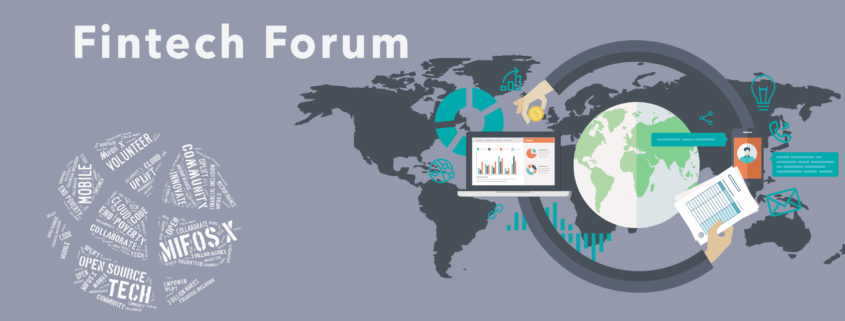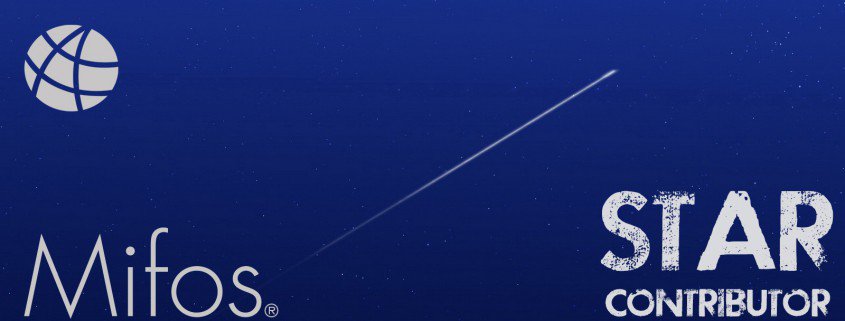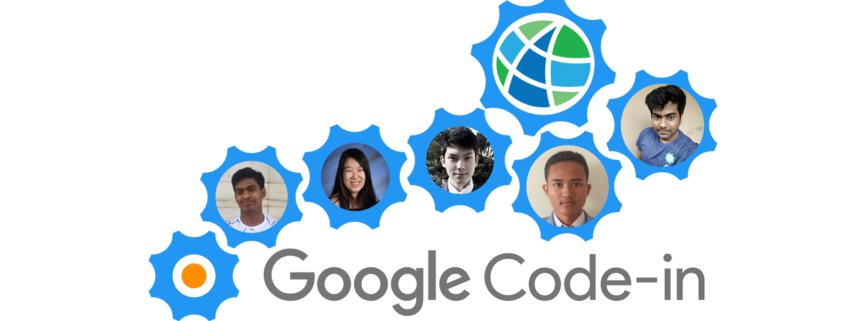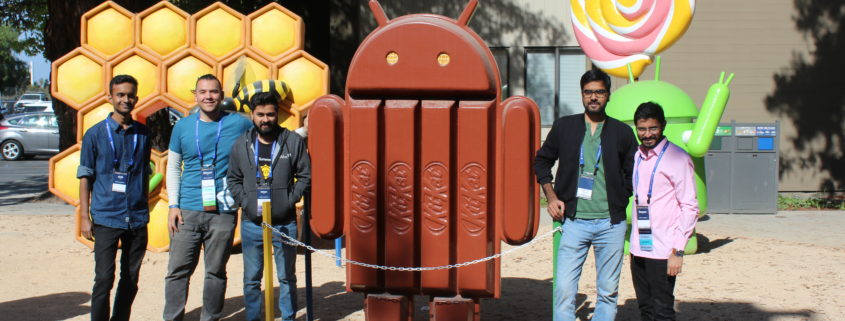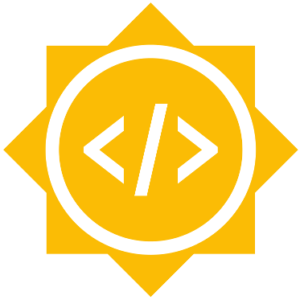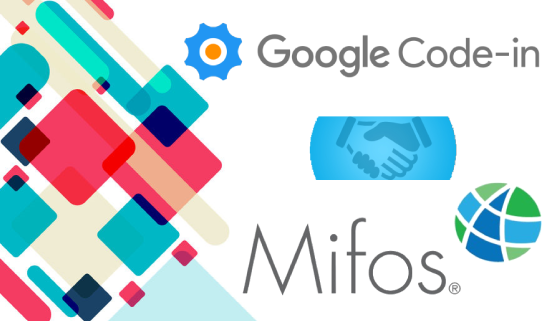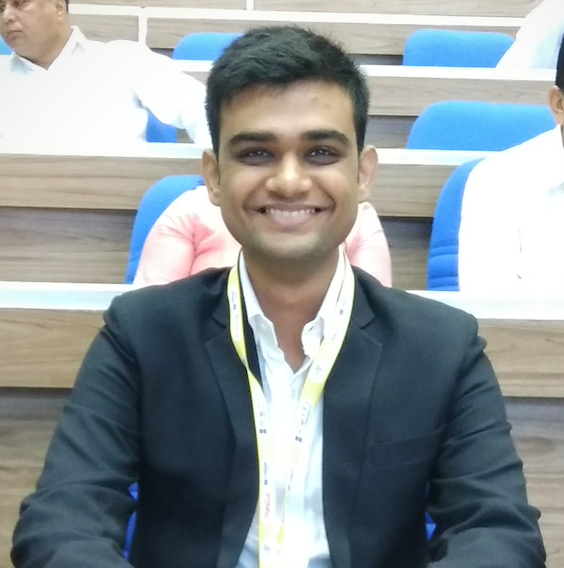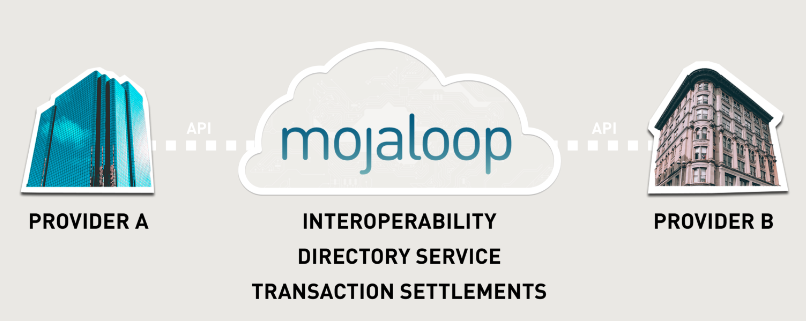It’s now time for our official wrap-up blog post for the 2017 Google Code-In, our third year of participation. This year’s program was so fast-paced and frenetic that I’ve needed to catch my breath before recapping. Coming up for air and reviewing all the completed tasks, I’m blown away by how much our students were able to get done and how valuable their work is for our community. As a whole across the entire program, participation in Google Code-In from pre-university students, grew by 265% versus last year with 3555 students from 78 countries completing 16,468 tasks. For the Mifos Initiative, individually, our growth was even greater with participation growing by 362% with 123 students completing 458 tasks, nearly three times as many as the 159 that were completed in the competition last year. A huge thank you to all of our mentors, many of them former GSOC students and even some former GCI participants for helping us handle this huge volume of contribution.
We’ll do two blog posts to commemorate the awesome energy and passion for open source that we have catalyzed in these students. Today’s post will highlight the impressive contributions that were made across all five categories – code, documentation, QA, user interface, and outreach/research while our second one will give a closer personal look at our top five finalists – grand prize winners, Chirag Gupta with 66 tasks completed and Matthew Katz, and remaining finalists Janice Kim, Muhammad Rafly Andrianza, and Shivam Kumar Singh.
The level of detail and commitment to these tasks demonstrated by not just our grand prize finalists but our top fifteen students was astounding. They contributed numerous code fixes to the platform, our web and mobile apps including completion of all the remaining work for our Swagger API documentation. Some great bug reports and a helpful guide on submitting a good report came through on the QA front. On the UI/UX side, a number of nice mockups for our mobile and web apps were shared as well as beautiful designs for t-shirts, logos, and graphics that we’ve already been using in our marketing communications. We received strong contributions to improve our technical and user-facing documentation including detailed tutorial videos. Lastly, the students worked on incredibly thorough and detailed research including profiles on innovation labs, financial inclusion landscape studies, libraries of creative common images, catalogs of events and conferences to attend, FAQs and research briefs on topics like chatbots, competitive analysis, and more.
For all of this exemplary work, we’re trying to put it in practice and share it with the broader community so stay tuned to the code being shipped, seeing your design get implemented, reading your research on our wiki, or watching your video tutorial. A tremendous thank you to all 123 students that completed a task – your work is greatly valued and you futures are extremely bright!
Read more
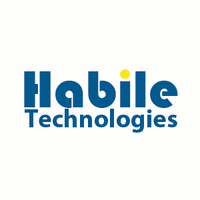 For our latest round of the Fintech Forum, we’re combining several topics. At heart of this post is a guest blog from Gururag Kalanidhi of Habile Technologies looking at the Latest trends in Loan Origination. His post dovetails well with some of the research briefs that several of our GCI students did on digital credit.
For our latest round of the Fintech Forum, we’re combining several topics. At heart of this post is a guest blog from Gururag Kalanidhi of Habile Technologies looking at the Latest trends in Loan Origination. His post dovetails well with some of the research briefs that several of our GCI students did on digital credit. 
